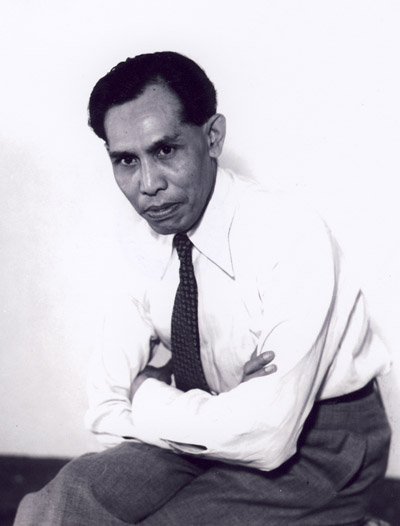
Civis 001/2013
Responsible Citizenship
There are two words in this title, citizenship and responsible.
The word citizenship includes ‘citizen’, member of a state. A state cannot be separated from its members, just as hands, legs, eyes, and other members cannot be separated from the human body. A body is an organic fellowship. A body without eyes, legs, hands, and others cannot be moved harmoniously.
A body is a fellowship of functions of each member. Each member has its own function, place, and purpose in an “organism” that is alive and literally working, according to certain rules.
Hence with the state and its members. Each member has her place, function, and purpose in this organism called state. A citizen is the same as the member of a state.
What is a state? A state is a fellowship of people living in one region. This region has inhabitants who mostly live as a nation. This fellowship of people has a government. This government has power and authority, and power apparatus. A state has a flag, a symbol, and an anthem.
We see that state and nation are intertwined. No state without a nation. State is the organization and function of a nation.
What is a nation? A nation is a fellowship of people who not only has one region where she lives; and one language, with which her members communicate with one another; and one purpose of life, but also has one history which proves that she has one fate (former age) and one destination (future age). In each nation there is also a way of thinking based on unity, a way of action based on one purpose, and a shared sense of living.
Then how can we become and live as a nation? It is through the state that acknowledges its full responsibility in every aspect of life of the nation. In this way, the state has a function.
In relation to this state function, there are definitions with the same meaning, which are (a) State is an orderly form of living of a nation; (b) State is the function of a nation; state is the nation’s organization.
The state function is to regulate, protect, and defense the life of the nation as one unity. The state, then, defense and protects the life and rights of its people. The state regulates these things based on law and justice. Therefore the state regulations are part of a law order. These regulations are executed based on a sovereign power. That’s why a state is also called a nation with a territorial organization and laws implemented based on a sovereign power.
Responsible citizens
Responsible citizens means that the citizens hold themselves responsible for everything that happens in their country or state. They are responsible for the progress and decline of the country. With the progress, they praise the Government. With the decline, they critize the Government through legal ways and channels.
Therefore, we can only say of ourselves as citizens who want to partake of the responsibility for all the things happening in the country, only if we have a state consciousness, and state consciousness cannot grow without a nation consciousness.
In other words, we cannot say that we are the citizens of Indonesia, if we don’t have the consciousness that we are members of an organism called the state or country of Indonesia, and if we don’t have the consciousness that we are members of a fellowship called the nation of Indonesia.
Responsible citizenship
Responsible to what or whom? As already said, every citizen in an orderly state has rights and obligations. We know that the government is responsible to its people, but to whom are the citizens responsible for all their actions?
In my understanding, she has a spiritual responsibility to the God Almighty; and an earthly (constitutional) responsibility to her country and people (nation), both of which in their good forms are based on law. In my opinion, this law is best implemented in a democratic state. Democracy that means liberty and rights equality to law.
Conclusion
From what has been explained about responsible citizenship, which for Christians can be expressed in the question of: how can we live as true Christians and true citizens, we can conclude the following:
“In the love, loyalty, obedience to and sacrifice for the homeland, nation, and country, a Christian is not and should not be less than other people. In fact, she should become the role model for other people as one who loves her homeland, a responsible citizen and true patriot. All of this is the reflection of her love, loyalty, and obedience to her God, in the sense of: “Soli Deo Gloria” (Glory to God alone).”
In that way, she can remove all minority complex syndrom (“minderwaardigheids-complexen”) which may be caused by other groups’s tendency to treat her as minority.
Her attitude should be firm against this treatment. Christians are not a minority. From the constitutional perspective, they are not second class or third class citizens. They are citizens with the same rights and obligations as other citizens. Together with them, Christians are willing and able to serve their country with their mind and strength as responsible citizens.

This series originates from the lecture by Dr. Johannes Leimena (1905-1977) in Sukabumi, West Java, in 1955, entitled “Responsible Citizenship”. Being a student activist in STOVIA medical school, he joined the committee for the 1928 Youth Congress which gave birth to the monumental Oath of Youth. Then he served as minister in 18 cabinets from 1946 to 1966, from Minister of Health until Vice Prime Minister. He was entrusted as the Acting President of the Republic of Indonesia for seven times when President Soekarno was overseas. The Bandung Plan that he drew up based on his experience as Minister of Health is the origin of today’s Community Health Center system. He also helped the founding of the Indonesian Christian Student Movement and the Council of Churches in Indonesia
